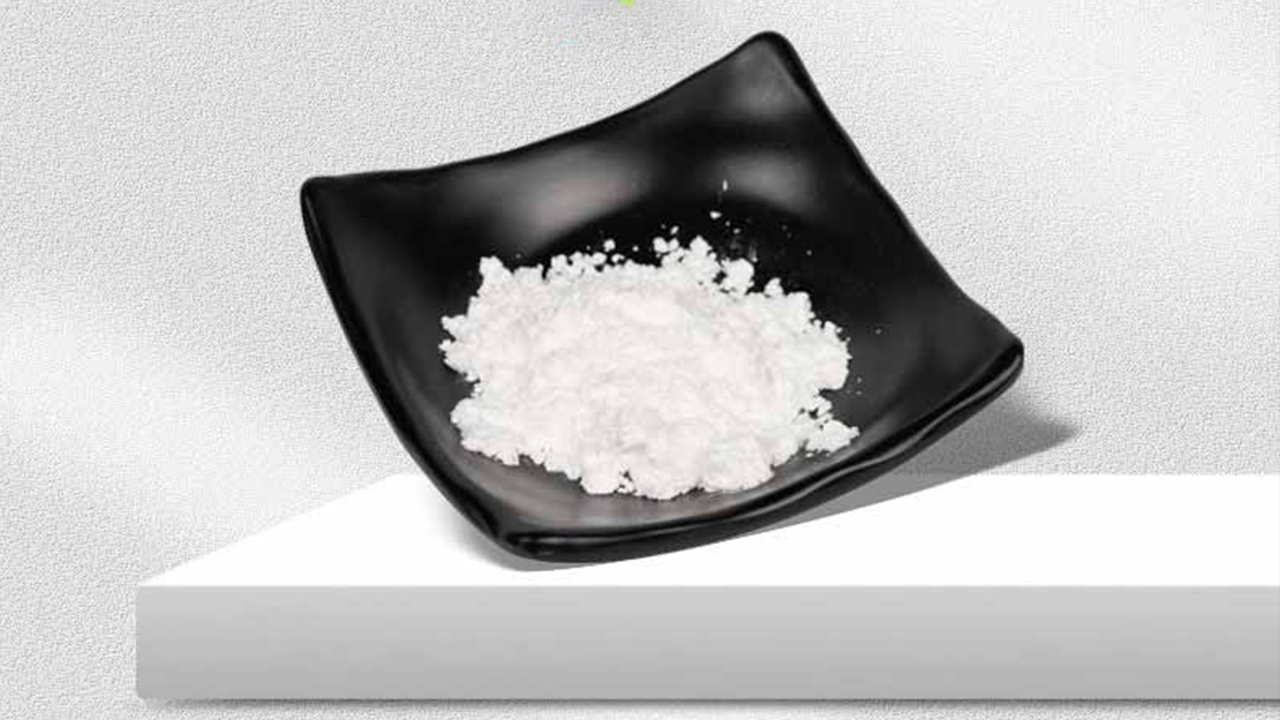Sepsis, a life-threatening condition characterized by dysregulated immune response to infection, poses a significant challenge in critical care medicine. Multi-organ failure (MOF) is a common and often fatal complication of sepsis, significantly decreasing patient survival rates. Nicotinamide Mononucleotide (NMN) is an effective therapeutic option for mitigating MOF in sepsis.
This article explores the therapeutic potential of NMN in sepsis-induced MOF and the role of NMN Factory in advancing critical care solutions for multi-organ dysfunction in sepsis and emphasizes the need for further research to confirm its efficacy.
Understanding Sepsis-Induced Multi-Organ Failure
Sepsis arises when the body’s response to an infection spirals out of control, leading to widespread inflammation.
Pathophysiology of Sepsis
Sepsis initiates a cascade of inflammatory and immune responses, leading to systemic inflammation, endothelial dysfunction, and coagulopathy. In severe cases, uncontrolled inflammation and microvascular dysfunction culminate in MOF, characterized by simultaneous dysfunction of multiple organ systems.
Clinical Manifestations
MOF in sepsis commonly affects vital organs such as the lungs, kidneys, liver, heart, and brain. Organ dysfunction manifests as respiratory failure, acute kidney injury, hepatic dysfunction, myocardial depression, and altered mental status, posing immense therapeutic challenges in critical care management.
Prognostic Implication
MOF significantly impacts patient outcomes in sepsis, with mortality rates escalating as organ dysfunction worsens. Early recognition and aggressive management of MOF are paramount to improving survival and reducing long-term morbidity among septic patients.
The Therapeutic Potential of NMN in Sepsis-Induced MOF
NMN supplementation aims to replenish NAD+ levels within cells, potentially mitigating the detrimental effects of NAD+ depletion associated with sepsis. This potential benefit is being explored through various research avenues:
Mitochondrial Protection
NMN exerts mitochondrial-protective effects, enhancing cellular energy production and mitigating mitochondrial dysfunction observed in sepsis-induced MOF. By replenishing NAD+ levels and activating sirtuins, NMN preserves mitochondrial integrity and function, promoting cellular survival.
Anti-Inflammatory Properties
NMN modulates inflammatory signaling pathways implicated in sepsis-induced inflammation, such as NF-κB and NLRP3 inflammasome activation. By suppressing excessive cytokine production and neutrophil recruitment, NMN attenuates systemic inflammation and organ damage in septic patients.
Tissue Repair and Regeneration
NMN facilitates tissue repair and regeneration mechanisms, promoting cellular proliferation and differentiation in injured organs. Enhanced angiogenesis, stem cell mobilization, and extracellular matrix remodeling contribute to organ recovery and functional restoration in septic patients with MOF.
Responsible Research and Development
NMN factories like GSH BIO-TECH are committed to responsible research and development by supporting collaborative research - partnering with research institutions to advance the understanding of NMN’s potential benefits in sepsis and MOF.
Also, they maintain high-quality standards by ensuring the highest quality and purity of NMN produced through stringent manufacturing processes and quality control measures. They promote transparency and ethical practices by openly communicating the current state of research and limitations of NMN to manage expectations.
By adhering to responsible practices and advocating for ethical research, NMN factories contribute to the advancement of NMN as a potential therapeutic option for sepsis-induced MOF and its associated complications.
Key Takeaways
Nicotinamide Mononucleotide holds promise as a therapeutic agent for treating multi-organ failure in sepsis, addressing the complex pathophysiology of systemic inflammation and organ dysfunction.
Preclinical evidence and ongoing clinical trials support NMN’s efficacy in mitigating sepsis-induced organ injury, enhancing survival, and improving long-term outcomes for septic patients.
By harnessing the therapeutic potential of NMN, manufacturers, and individuals strive to improve outcomes and enhance survival in septic patients, offering hope for a brighter future in critical care medicine.


